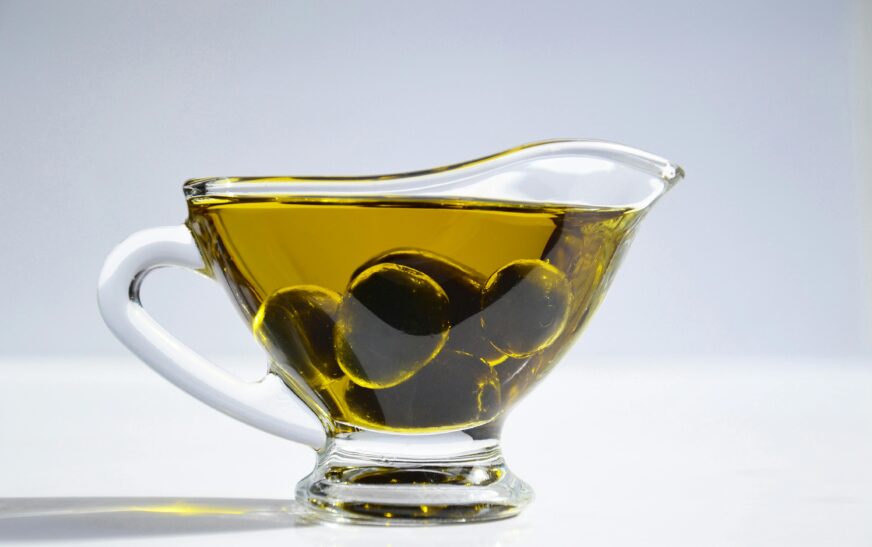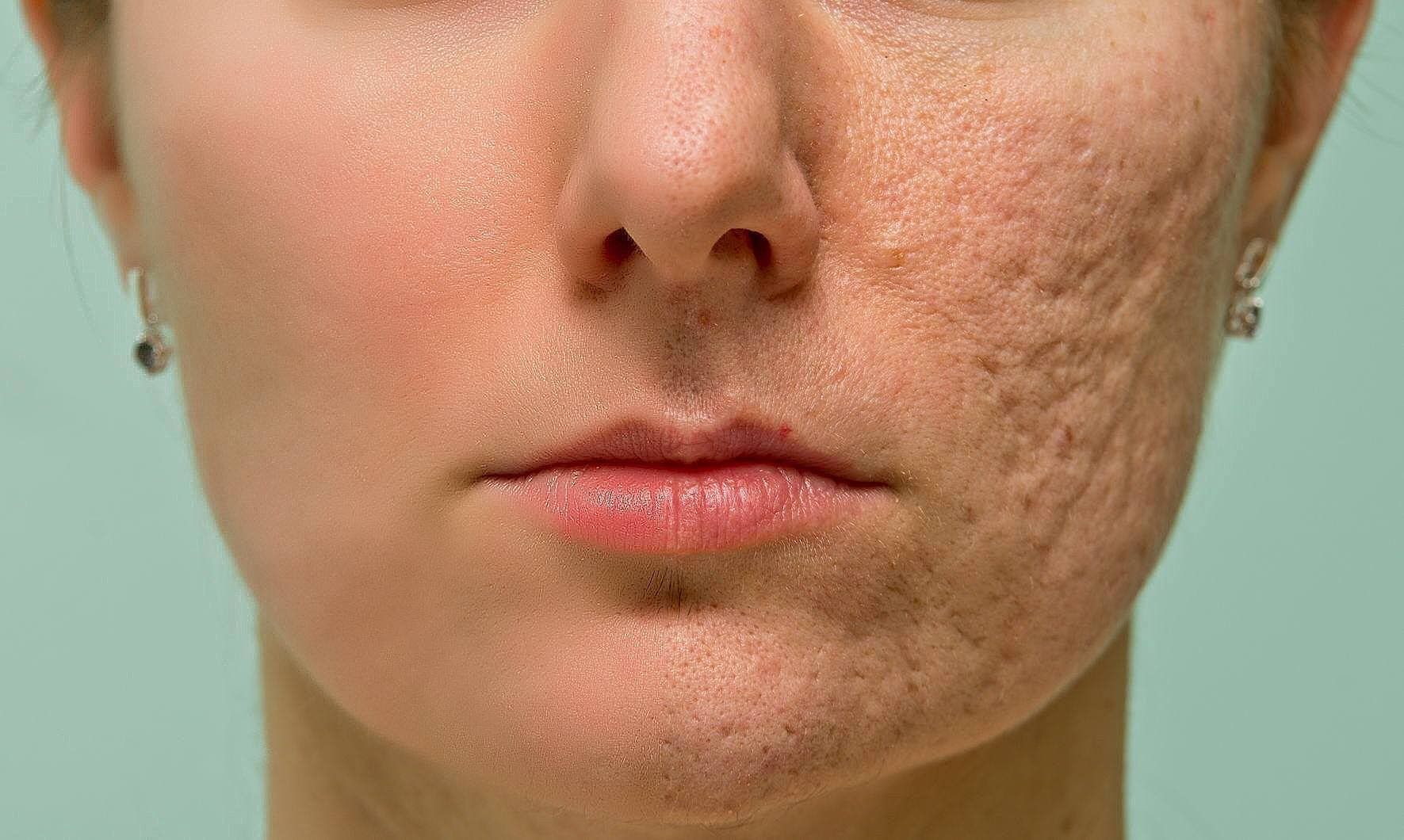Olive oil has been celebrated for centuries, particularly in Mediterranean cultures, for its flavor-enhancing properties and numerous health benefits. This golden liquid, derived from the fruit of the olive tree, has long been a staple in cooking, skincare, and medicine. In recent years, scientific research has backed up what many have known for centuries—olive oil is a powerful elixir that can positively impact various aspects of health.
1. Promotes Heart Health
One of the most well-known health benefits of olive oil is its positive effect on heart health. Olive oil, especially extra virgin olive oil, is rich in monounsaturated fats, which are consider “good” fats. These fats help reduce levels of low-density lipoprotein (LDL) cholesterol, which is the type of cholesterol associated with an increased risk of heart disease. At the same time, it can increase high-density lipoprotein (HDL) cholesterol. Which is the “good” cholesterol that helps remove excess LDL cholesterol from the bloodstream.
Several studies have linked the consumption of olive oil with a reduced risk of heart disease and stroke. The Mediterranean diet, which is rich in olive oil, has been associated with lower rates of cardiovascular disease in countries where it is consumed in abundance. Moreover, the anti-inflammatory properties of olive oil further protect against heart-related issues, as chronic inflammation is a key contributor to the development of heart disease.
2. Fights Inflammation
Chronic inflammation is a significant factor in the development of various diseases, including arthritis, diabetes, and certain types of cancer. Olive oil contains a powerful antioxidant called oleocanthal, which has been shown to have anti-inflammatory effects similar to nonsteroidal anti-inflammatory drugs (NSAIDs). Regular consumption of olive oil can help reduce markers of inflammation in the body, making it a natural and effective way to combat chronic inflammatory conditions.
The anti-inflammatory properties of it also contribute to its ability to support joint health. People with conditions such as rheumatoid arthritis may benefit from incorporating olive oil into their diets, as it can help alleviate pain and stiffness in the joints.
3. Supports Weight Loss
While olive oil is calorie-dense, its monounsaturated fats can actually support weight loss and help in the management of body weight. Studies have shown that replacing saturated fats (found in animal products and processed foods) with healthy fats like those found in it can reduce body fat and promote weight loss.
This is also known to promote satiety, meaning it can help you feel full and satisfied after meals, reducing the likelihood of overeating or snacking between meals. Additionally, the polyphenols found in it have been shown to support metabolism and fat burning. Making it a great addition to any weight loss or maintenance plan.
4. Improves Skin Health
Olive oil isn’t just beneficial when consumed—it can also work wonders when applied to the skin. This is rich in vitamins A and E, which are essential for maintaining healthy skin. These vitamins act as antioxidants, helping to protect the skin from damage caused by free radicals and environmental stressors such as UV radiation and pollution.
The moisturizing properties of olive oil make it an excellent natural remedy for dry skin. It can help lock in moisture and provide a smooth, hydrated appearance. Additionally, the anti-inflammatory compounds in it can help soothe irritated skin and reduce redness, making it a go-to solution for conditions like eczema or psoriasis.
Furthermore, it has been show to have anti-aging properties. The antioxidants in it help combat the signs of aging by reducing oxidative stress, which can lead to the formation of wrinkles and fine lines. Applying it to the skin may also promote collagen production, which is essential for maintaining skin’s elasticity and firmness.
5. Boosts Brain Health
Emerging research suggests that olive oil may play a significant role in maintaining cognitive function and protecting against age-related brain decline. The polyphenols found in olive oil, particularly oleuropein, have been shown to have neuroprotective properties. These compounds may help reduce oxidative stress in the brain. Which is associate with cognitive decline, Alzheimer’s disease, and other forms of dementia.
Incorporating it into a balanced diet may help preserve memory and cognitive function as we age. Studies have also indicated that it can improve mood and mental clarity, providing an overall boost to mental well-being.
6. Supports Healthy Digestion
Olive oil has long been used as a remedy for digestive issues. It can help promote a healthy gut by supporting the production of bile, which aids in the digestion and absorption of fats. It has also been show to have a mild laxative effect, helping to prevent constipation and promote regular bowel movements.
Additionally, it may protect the digestive tract from harmful bacteria and inflammation. It has been shown to have antimicrobial properties, which can help prevent infections in the stomach and intestines. This makes it a natural option for supporting overall digestive health.
7. May Reduce the Risk of Type 2 Diabetes
The Mediterranean diet, which includes ample amounts of olive oil, has been link to a reduced risk of type 2 diabetes. Olive oil’s ability to improve insulin sensitivity is one of the key reasons for this benefit. Insulin resistance, where the body’s cells become less responsive to insulin, is a hallmark of type 2 diabetes. Consuming it regularly may help prevent or manage insulin resistance, thus reducing the risk of developing the disease.
Additionally, olive oil’s high antioxidant content helps regulate blood sugar levels, providing further protection against type 2 diabetes.
Conclusion
Olive oil is more than just a flavorful addition to your meals; it’s a powerhouse of health benefits. From supporting heart health and fighting inflammation to improving skin, brain, and digestive health, the benefits of olive oil are truly impressive. By incorporating extra virgin olive oil into your diet and skincare routine. You can enjoy these health benefits and contribute to your overall well-being. Whether you’re drizzling it on salads, using it in cooking, or applying it to your skin, it is a simple yet effective way to enhance your health naturally. Read More Blog..








